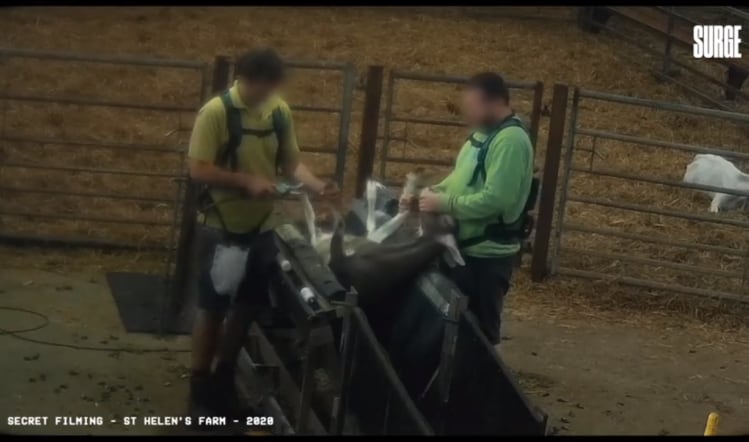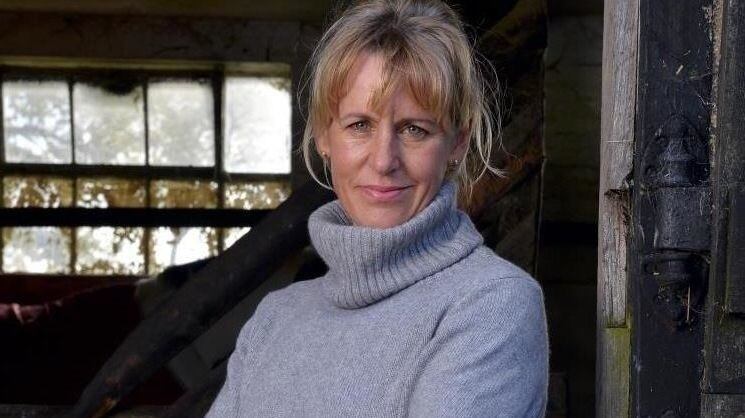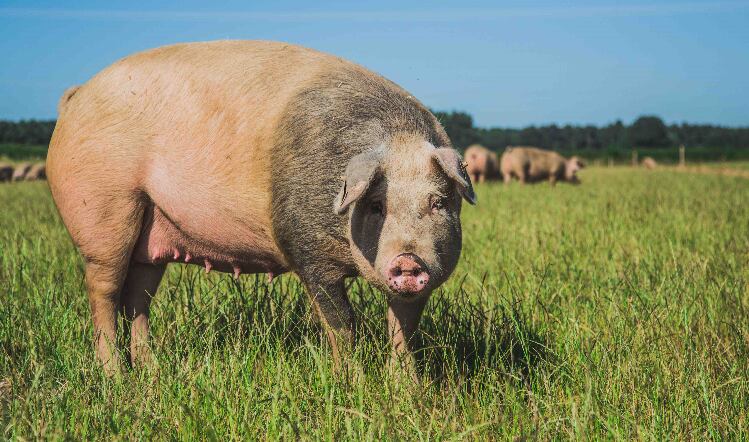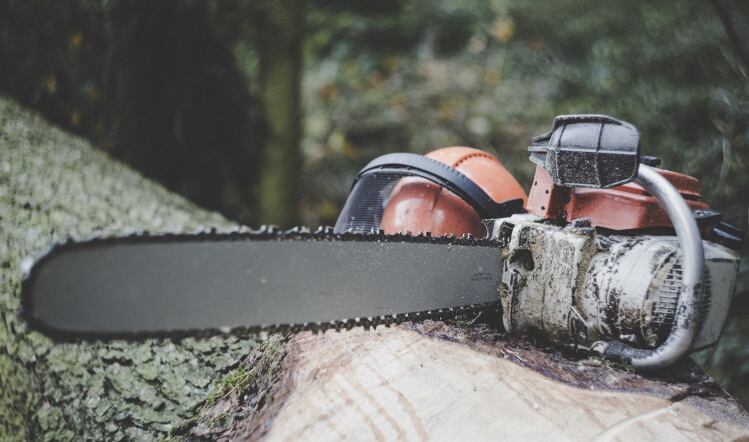Footage passed to animal rights activist group Surge and seen on The Independent’s website purported to be secretly filmed at a supplier to St Helen’s in East Yorkshire. It showed goats being kicked, punched, hit by a pole and slammed onto their backs.
St Helen’s Farm’s goat’s milk products – including ice cream, butter and yogurts – are supplied to supermarkets across the country. However, several retailers have pulled these products from their shelves in response to the claims of animal abuse.
A Tesco spokesman said: “We require high animal-welfare standards from all brands sold at Tesco, so these claims are deeply concerning. We have immediately suspended supply while we investigate the matter further.”
Waitrose told Food Manufacture that it, too, had stopped the sale of St Helen’s Farm products in its stores, pending further investigation.
BRC welfare standards
A spokesman for the British Retail Consortium (BRC) said its members took their responsibilities to animal welfare very seriously and worked closely with trusted suppliers so that high welfare standards were upheld.
“They have strict processes in place and will thoroughly investigate any evidence of non-conformity to ensure that any problems are immediately addressed,” they added. “The BRC continues to support unannounced audits on farms to ensure compliance with all farm standards, particularly animal welfare.”
A St Helen’s spokesman confirmed with The Independent that the footage was taken at one of its supply farms and that it had cut off the supplier as soon as it learned of the abuse.
“Today, we have been made aware of allegations that one farm has infringed animal welfare standards, which we would find totally unacceptable if true,” it told the publication.
“We have immediately ceased all milk supply from this farm and launched a full investigation to determine the facts of this matter.”
Animal law experts
Surge contacted law firm Advocates for Animals to help identify potential incidents that could question St Helen’s adherence to regulatory codes and guidelines, including the Welfare of Farmed Animals (England) Regulations 2010.
Commenting on the investigation, Surge co-director Ed Winters said: “St Helen’s is regarded as the best of the best when it comes to goat farming. However, that means nothing for the goats who are exploited and treated as objects.
“Contrary to the social media marketing that St Helen’s uses, these animals suffer immensely, their bodies thrown around, hit and discarded. Unfortunately for animals, St Helen’s really is as good as it gets, meaning that the only way we can avoid paying for animal cruelty, is to buy the plant-based alternative instead.”
Earlier this year, Egg supplier Hoads Farm refuted animal welfare allegations levelled against it by protestors, saying it operated “above and beyond” the high standards laid down by the British egg industry.
National media news reports showed the animal rights group Direct Action Everywhere had occupied the farm and published photos and videos that it claimed showed unsanitary conditions.





